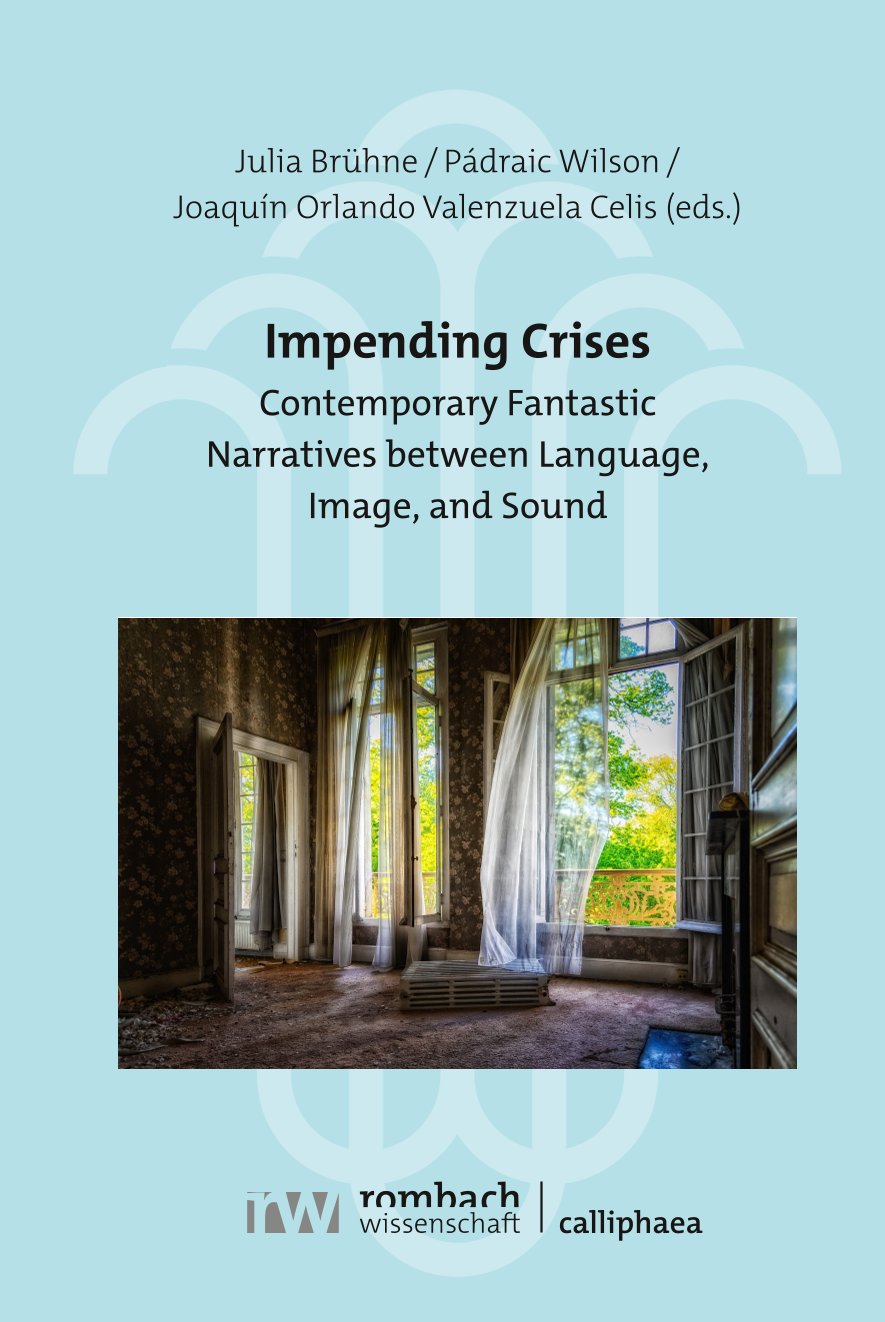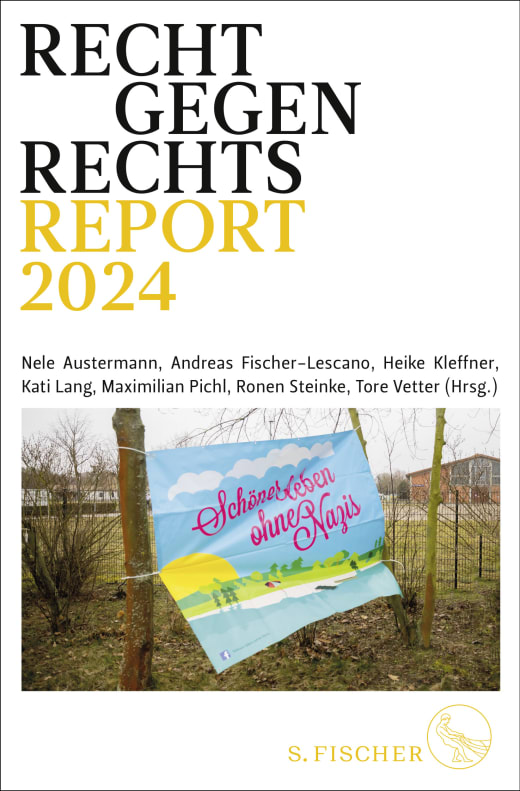Beiträge
-
 Decolonization Through Decolonial Reforming
Decolonization Through Decolonial ReformingThe need for reform of the global health system is openly on the table. Many stakeholders agree that the WHO has not been able to adequately address the political and social problems, global health emergencies triggered or exacerbated by epidemics and pandemics, malnutrition, and access to clean water in recent years. Against this backdrop, there is a widespread call for more equity and solidarity in the global health system.
-
 Towards Equity and Decolonization? An Introduction into the Blog Debate on the World Health System after the Pandemic
Towards Equity and Decolonization? An Introduction into the Blog Debate on the World Health System after the PandemicThe COVID-19 pandemic exposed systemic problems in the global health system. It revealed that the global health system perpetuates global health inequalities rather than effectively reducing them: The international community, particularly the countries of the Global North, failed to make COVID-19 vaccines widely available to the populations of the world’s poorest countries. This blog debate takes stock of the reform debate about a just and decolonizing transformation of the health system. Bringing together scholars from various disciplines, the contributions of this debate ask what a fair global health system could look like and what role the law plays in it.
-
 Between Fantasy and Horror: La nuée (2020) by Just Philippot as a Film about the Ecological Crisis of the Anthropocene
Between Fantasy and Horror: La nuée (2020) by Just Philippot as a Film about the Ecological Crisis of the AnthropoceneThis contribution deals with the contradictions of nature and agricultural economy in the contemporary moment of crisis in the Anthropocene. It is based on an analysis of the fantastic French film La nuée (The Swarm) by Just Philippot who reflects by this film also on the turning points from the preception of reality to obsession and from the uninjured body to the damaged body, or even from live to death resepctiveley from live instinct to death drive.
-
 Was lange währt, wird endlich gut? Staatsanwaltschaft braucht drei Anläufe und fast drei Jahre, um gegen einen Neonazi vorzugehen, der erkennbar gegen Jüd:innen hetzt
Was lange währt, wird endlich gut? Staatsanwaltschaft braucht drei Anläufe und fast drei Jahre, um gegen einen Neonazi vorzugehen, der erkennbar gegen Jüd:innen hetzt
-
 Nachhaltig nicht-nachhaltig. Rechte indigener Gruppen im Freihandelsabkommen EU-Mercosur
Nachhaltig nicht-nachhaltig. Rechte indigener Gruppen im Freihandelsabkommen EU-MercosurIm Rahmen der Energiewende wächst der europäische Bedarf nach Rohstoffen. Zahlreiche der für die Energiewende benötigten Rohstoffe befinden sich auf den Gebieten indigener Völker, was häufig zu Konflikten führt. Vor diesem Hintergrund ist es erstaunlich, dass das geplante Abkommen zwischen der EU und den Mercosur-Staaten keine Vorschriften bezüglich Beteiligung und Schutz indigener Völker beinhaltet. Ein Verweis auf solche Vorschriften, insbesondere aus der ILO-Konvention 169, wäre völkerrechtlich geboten und trüge dazu bei, die Konflikte und Widersprüche des Nachhaltigkeitsbegriffs aushandelbar zu machen.